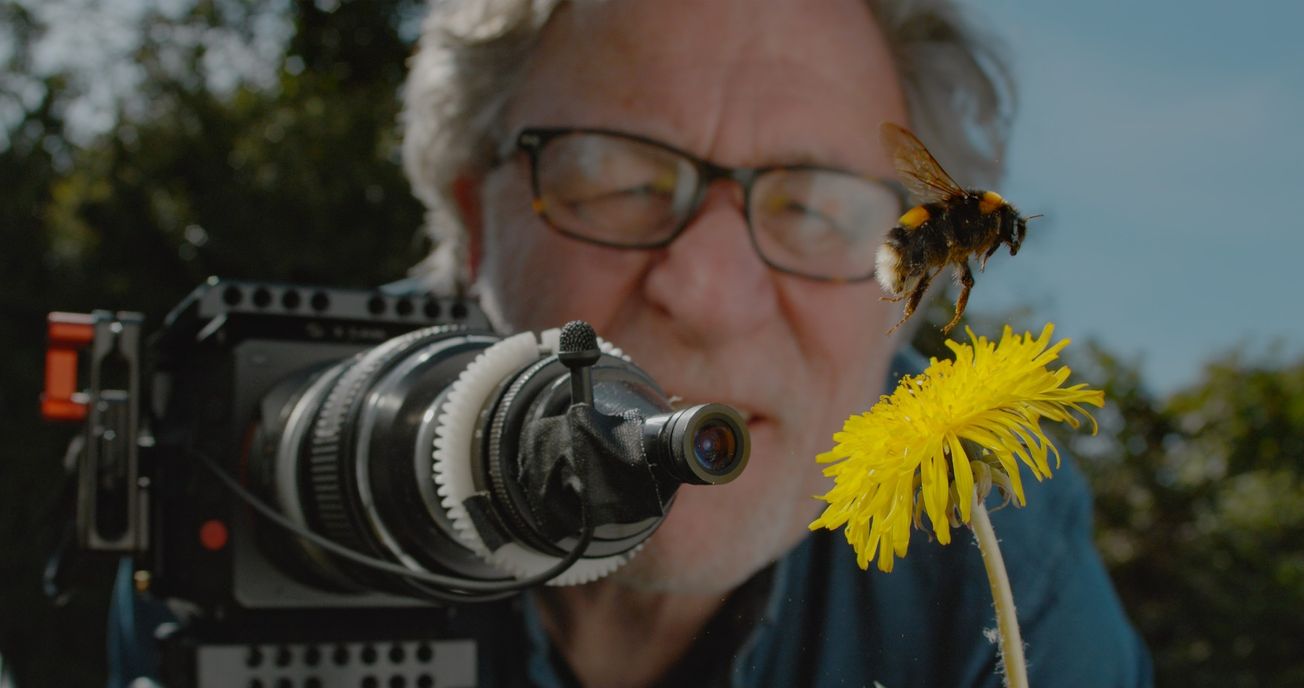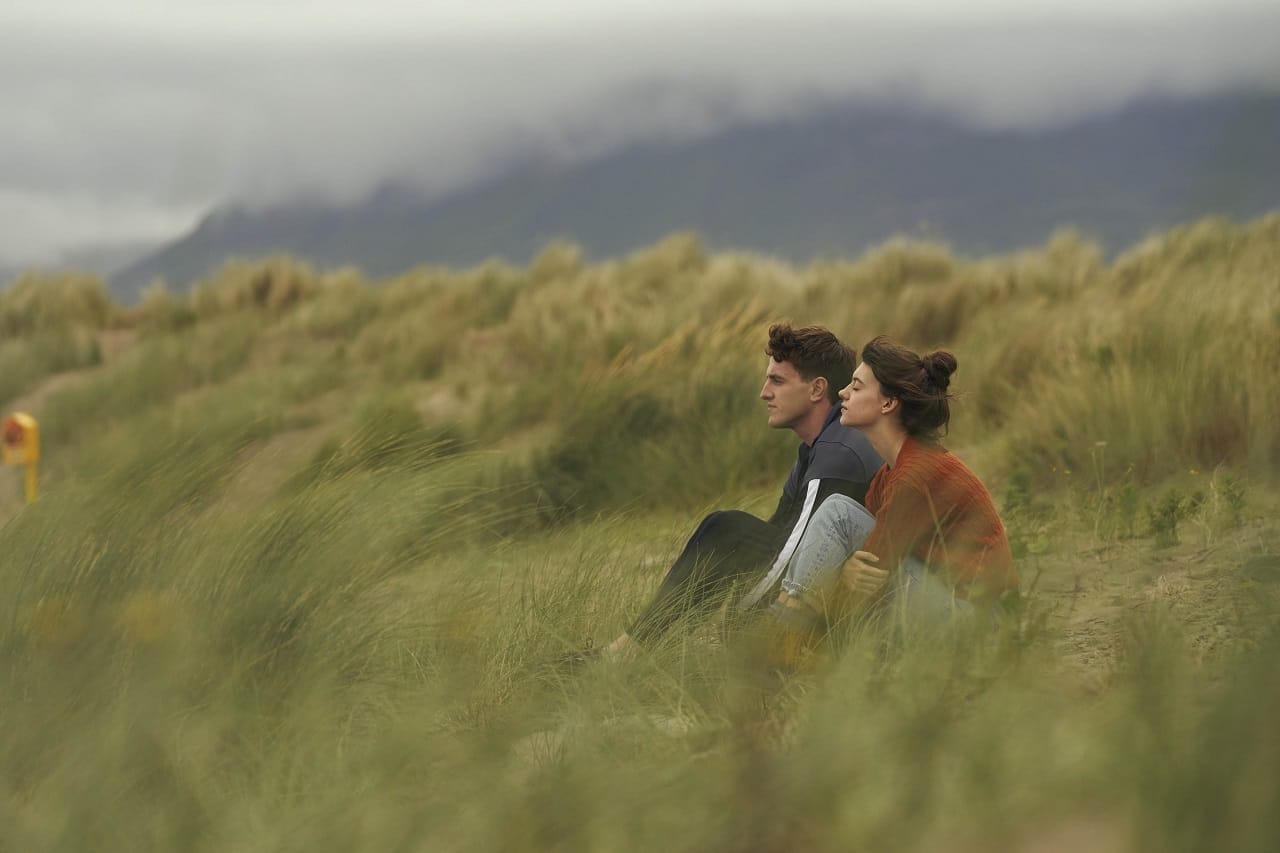By Claire Meakins, Film & Tv Critic & Subeditor
On the 13th of October, following the Wildscreen festival, the Panda Awards 2022 took place, with several local films being recognised. Sometimes known as ‘the Green Oscars’, the awards celebrate the best talent in wildlife Film and Television, with the ‘Plimsoll Golden Panda Award’ being the most prestigious award in the industry.
This year the award went to My Garden of a Thousand Bees (2021), a documentary filmed in Bristol during the Covid-19 pandemic. The documentary follows wildlife filmmaker Martin Dohrn as he sets out to record all of the bees he can find in his small back garden.
Exploring the lives of over 60 different species of bees, the film uses macro cinematography to truly delve into the charm of these tiny insects.
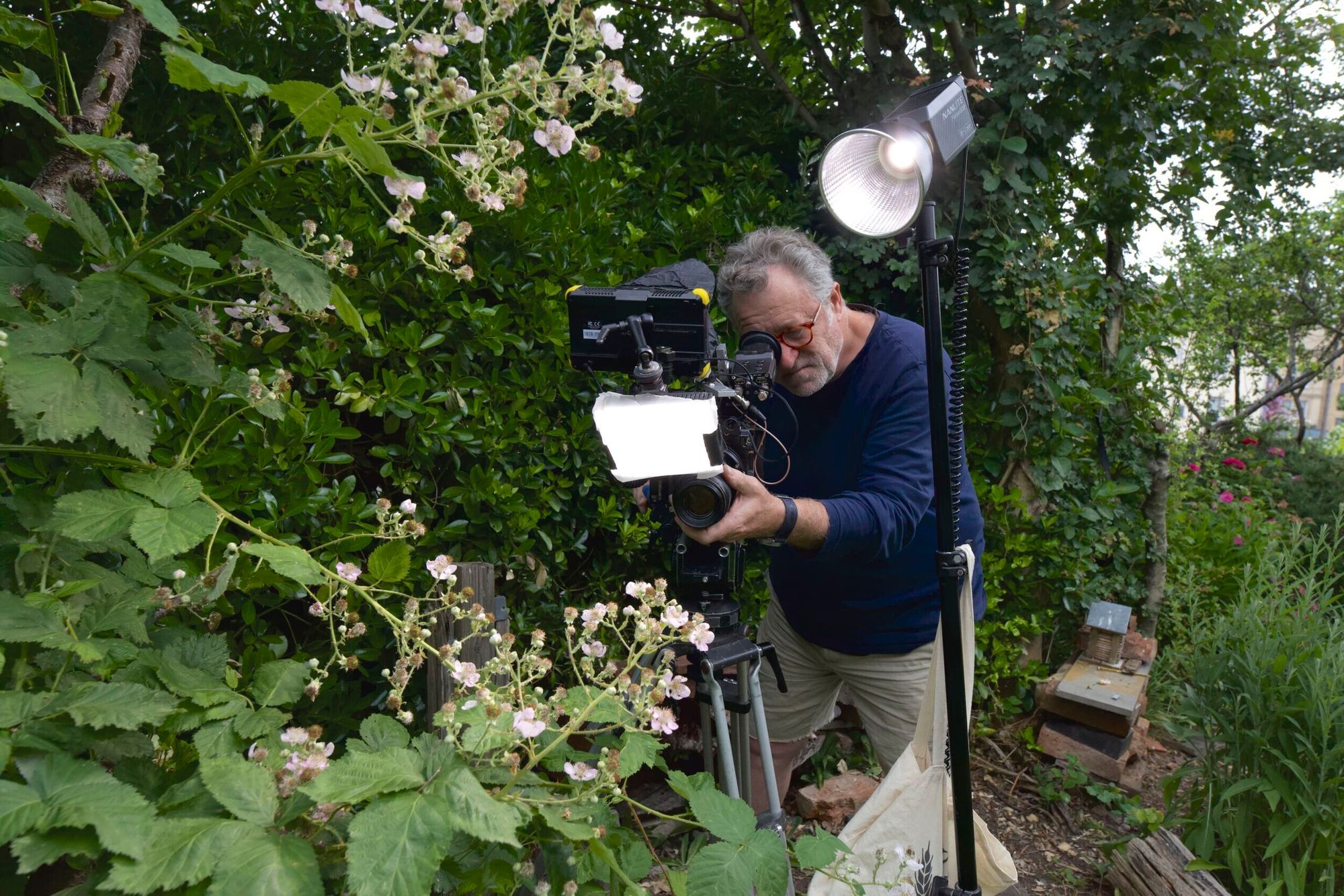
My Garden of a Thousand Bees was in tough competition with The Green Planet (2022), a BBC TV series narrated by Sir David Attenborough. Despite not winning the Plimsoll Golden Panda Award, Attenborough's series did still walk away with the coveted Terra Mater Studios Series Award.
It was a successful evening for Bristol, with 5 of the 13 winners (across 17 categories) being from teams based in the city. These included Polar Bear (2022) for the Films at 59 Cinematography award, Snakes and Ladders (2022) for the Tangled Bank Studios Emerging Talent Award and Welcome to Earth (2021) for the Films at 59 Sound Award.
Other major successes include The Bastard King (2020), the winner of a special jury award in recognition for its exceptional storytelling, and The Path of the Panther (2022), which won in both categories it was nominated for and shone a much-needed light on the threats that face the elusive Florida panther.
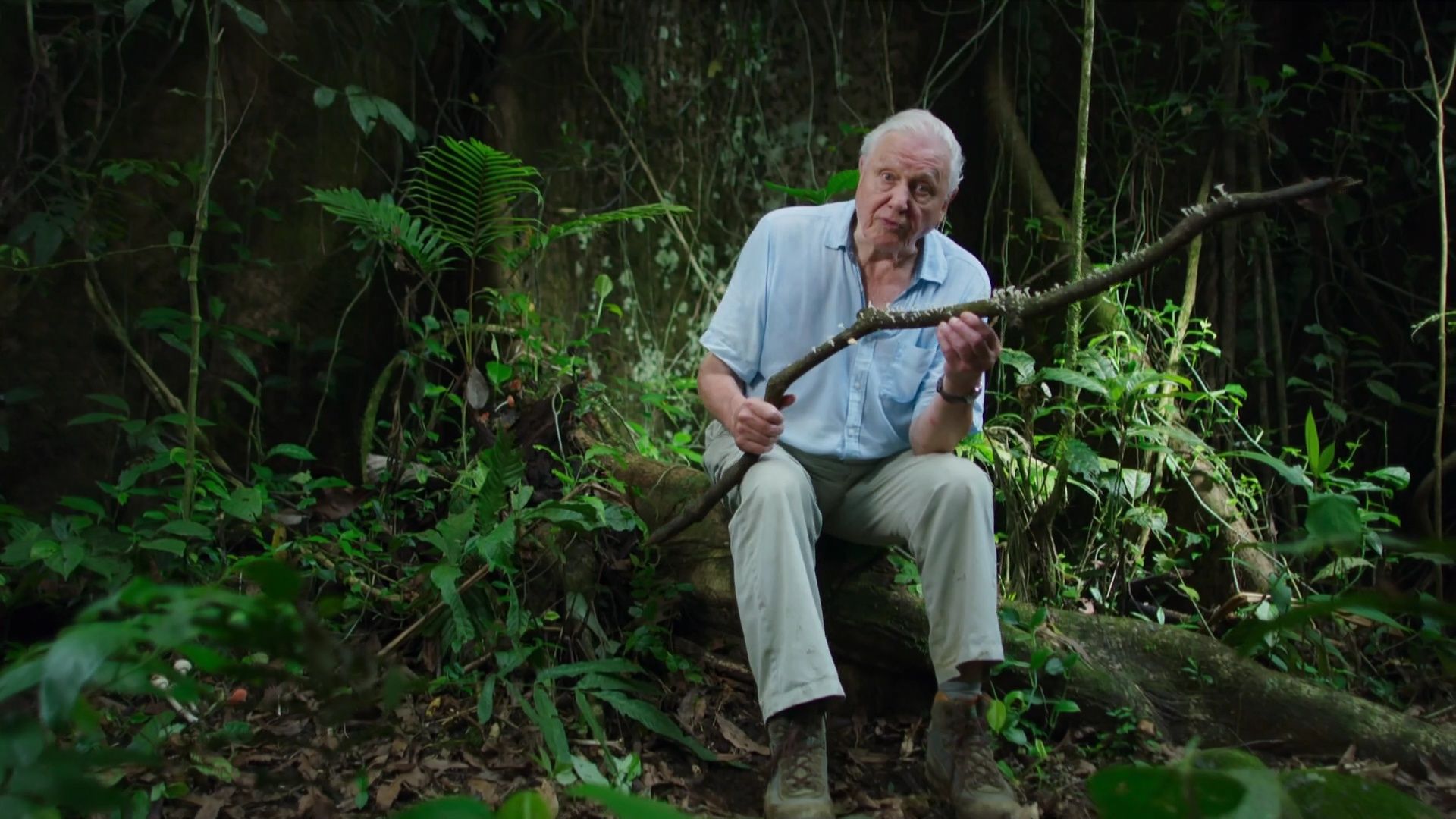
A new ‘Aurum Sustainability Award’ was given to Springwatch’s (2005-) latest series to recognise their continued and innovative efforts to reduce the production’s carbon footprint.
Most notable of these is that all 12 of its live broadcasts were powered by a hydrogen generator, marking a shift away from the usual diesel generators used in the industry as well as a step towards the BBC’s goal to have net zero greenhouse gas emissions by 2030.
The Wildscreen festival itself was held in Bristol, bringing a range of talent from over 40 countries to the city. The festival is the biggest event of the year for those in the industry, and for its 40th anniversary, it had a jam-packed schedule, including film screenings, networking events and talks by some of the nominated talent.
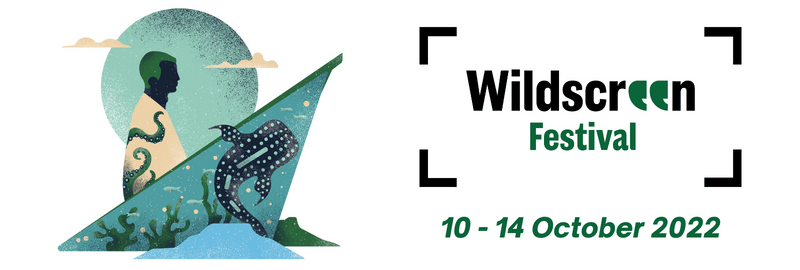
Lucie Muir, director of Wildscreen since 2015, shared her support for the awards, saying:
“As a key part of Wildscreen Festival for 40 years, the Panda Awards has continued to celebrate the best in natural world storytelling among the globe’s leading innovators and creators, as well as fresh talent entering the sector. This year’s inspiring selection of shorts, features and series uncovered some of nature’s most fascinating and enduring stories, bringing them to a worldwide audience. Congratulations to everyone who was recognised, and we look forward to seeing the evolution of natural world storytelling over the next few years.”
The headline sponsor of this year’s festival was BBC Studios NHU, and its principal sponsors are National Geographic, Save Our Seas Foundation and Terra Mater Studios.
Featured Image: Martin Dohrn © Passion Planet
Will you be watching this Bristol-made film?

